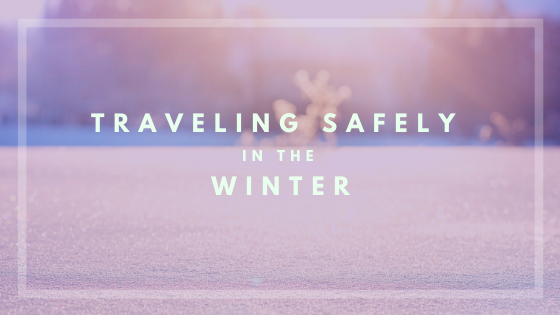Traveling during the winter season comes with many additional risks including the increased possibility of flight cancellations due to snow, ice, sleet, or freezing rain. Winter weather causes roughly 60,000 cancelled flights a year in the United States alone. Airlines also feel the pain with added expenses and lost revenue. Here is what you can do to make winter travel safer, more comfortable, and, hopefully, less expensive.
One of the best ways to avoid flight cancellations and delays is to travel non-stop whenever possible. When you fly non-stop, you won’t have to stop at connecting airports for transfers and risk a missed connection. This means you’ll be less likely to encounter a delay and have a better chance of getting to your destination on time.
Another highly useful tip when traveling in the winter is to book the earliest flights possible. There are two reasons to do this:
- The earlier the flight, the less likely it is to be delayed or canceled.
- If you have early flights scheduled, then you will also likely get to the airport earlier than those taking later flights. If your flight is cancelled, you’ll have a head start in rescheduling for another flight or finding a place to stay should you need one.
While the weather is beyond our control, you can prepare for severe weather. Many people do not bother checking the weather until it is too late, and their plans are then affected by lack of planning. Try to stay up to date with major weather events and create contingency plans if the weather turns bad. If you have a plan in place, then a flight cancellation or delay won’t be as difficult or unpleasant to handle.
Other excellent tips to help you deal with severe winter weather include making sure your electronic devices are fully charged. This will let you reschedule or alter flights in case your flights are canceled or delayed. Having a charged device as opposed to a dead one can be the difference between being able to book a hotel versus having to sleep in the airport due to last-minute cancellations.
If you think you will be impacted by severe weather and may need to stay where you are, reserving a nearby hotel room just in case is never a bad idea. A smart plan is to reserve a room in advance that has a cancellation policy. Therefore, if you don’t need it, you can always cancel.
People on significant or lengthy trips may want to consider buying travel insurance as well. This can help you pay for the cost of a hotel, food, and other expenses in case of a major delay. Travel insurance can also help you find flight connections for similar getaways in the event that there are no other options.
